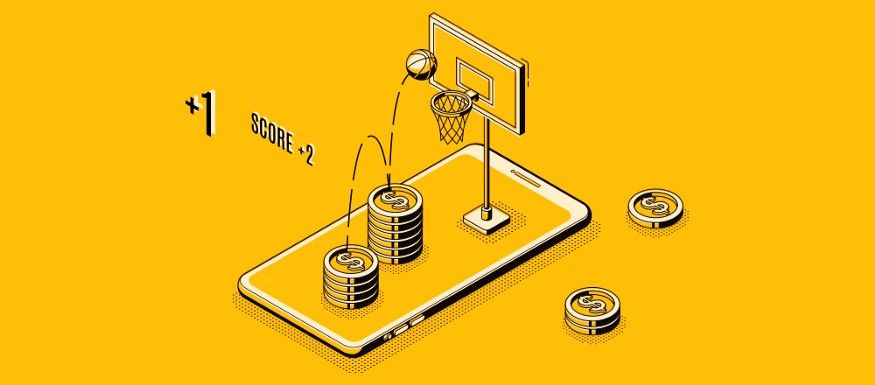stacked in the casino’s favor through the built-in advantage called the
“house edge”. All casinos have this biased slant, so is there any way
for us to have a truly fair gaming experience?
there was no “house” to win the majority of the games. Over time,
though, gambling inevitably evolved and left us with three different
categories based on who’s sitting at the table:
- Gambling against friends, family, and strangers.
- Gambling in a casino against the house.
- The newest version of gambling being a combination of the two: gambing against strangers while being regulated by a blockchain.
for us to return to a time where the player, not the business, always
wins?
Online Casinos Join the Game
need to first understand how current online gambling works (a good example to start with: litecoin betting sites). In that
regard, let’s quickly break down the key principles of an online casino
and how they differ from a physical establishment.
physical chips, whereas at an online casino you have to deposit money.
The casino will hold onto your money until you either lose it or you are
done gambling. There are often huge incentive bonuses to deposit more
money (more money = higher bonus), and deposits are typically not easily reversible (like they would be at a physical casino).
counterparts. In the real world, the odds are generated and designed
into the game, and the randomness factor is automatic. Imagine spinning a
roulette wheel, dealing shuffled cards, etc. These all have randomness
built into these actions automatically.
players have to trust that the PRNG was fair.
numbers, they have to rely on an external regulator to verify that the
casino is playing fairly. More importantly, the odds aren’t provable.
Can we take the House out of the Casino?
attempts to revolutionize various industries, so it was only a matter of
time before blockchain companies aimed their sights at the 50+ billion dollar industry. Many online casinos started using the blockchain to either process their payments or, in some cases, run smart contracts to lock bets
during events and games. It wasn’t until companies like YOUnited, dgeless, and Funfair came around that they really started to fully harness the power of the blockchain in online gambling.
specific parts of online gambling where the players could benefit from
more transparency and immutability.
casinos are no different; they still rely on precisely calculated RTP
(return-to-player) formulas to ensure they make money. Remember, casinos are still a business with lots of taxes to pay. The house edge, which is added to the odds of the house winning, can vary between 3–15% at a typical online casino. This means that instead of you and the house each having a 50/50 chance of winning, you might have a 35% while the house as a 65%.. Blockchain casinos like Edgeless and Funfair have done a decent job reducing this house edge since they have lower overall costs. But what if we could remove the house all together?
player and a player always wins is definitely exciting. It is also the
driving factor behind YOUnited, a house-less blockchain casino. A house-less casino means that a player always wins, and instead of stacking the odds in its favor, YOUnited splits the winnings among players.
99% chance of losing, right? With that in mind, why do customers of
traditional online casinos continually return to a place where the odds
are never in their favor?
roulette spin, and every randomly generated number that players can look
back through to verify there is nothing suspicious going on. Think of
it like this, would you rather take your car to a mechanic that is
“certified” by a random company, or would you rather take your car to a
mechanic who has video recordings of every repair they have ever done?
After all, a mechanic who is willing to show video recordings of their
repairs to anyone who asks probably has nothing to hide.
verify the winnings of gamblers and ensure they are being paid out
accordingly. Since everything is being written onto the chain there can
be no mistakes, and companies can’t claim you won $100 when you really
won $200.
still need to make money to survive. So how do they do this?
still a house that has a higher chance of winning, the answer is
obvious: the RTP (return-to-player) rate at these casinos is still
favorable for the house, meaning that they will make anywhere between
1–5% of all the money spent and won on the platform.
making slightly less money per customer with the hopes of having more
customers. Overall, their main source of income comes from the
blockchain fees — these are 0,1% transfer fee, and 1% smart contract
execution fee applied to the post-game winnings.
Gambling needs Blockchain. Period.
gambling, the bottom line is that the blockchain brings a certain degree
of trustless trust that the industry desperately needs. Sure, it’s neat
that on YOUnited you can gamble directly against other people, but even
if you are losing to the house on Edgeless at least you know you aren’t
being cheated out of your money. Losing feels bad, but it’s 10 times
worse if you lose because you were cheated.


